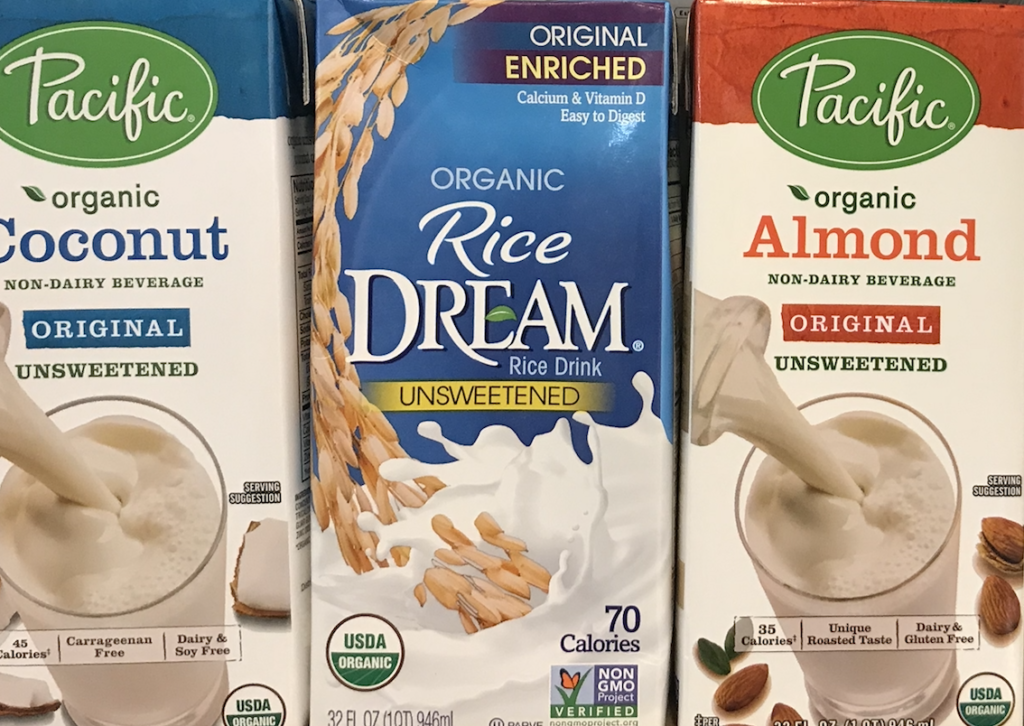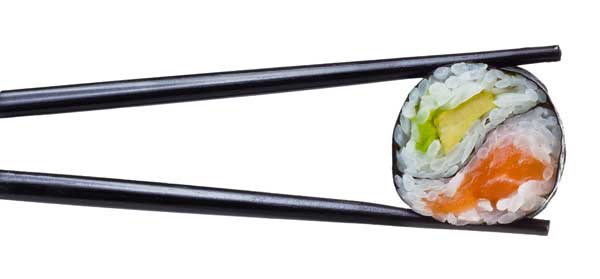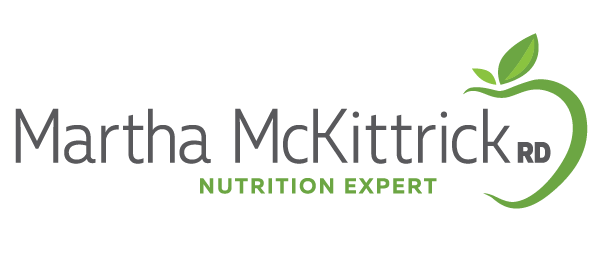Dairy-Free Milk, Yogurt and Cheese Guide

Dairy has become a hot topic. Should you consume it for overall health or is it only meant for human and animal babies? This is a debate I try to stay out of as I take a neutral approach. Personally, I have no problem with my clients consuming cow’s milk dairy if they choose to – especially fermented dairy like yogurt, cheese and kefir. On the other hand, I would never push someone to consume dairy as I do not believe we need it for overall health. The good news is that there are a ton of dairy-free plant-based alternatives if you choose to avoid dairy. Check out Rachel Feldman, my current Dietetic Intern’s blog post on the wide variety of available dairy-free milks, yogurts and cheese
Got milk?
Do you remember the “Got Milk?” ads we used to see growing up? A celebrity, athlete or political figure would be doing something in the ad with a white milk mustache on their upper lip. I remember this well. In fact, I used to love collecting as many of those ads as I could and would trade them with my friends. Now a days, these ads are nowhere to be found and documentaries showing the “horrors” of the dairy industry are popping up everywhere. While there are many reasons to go on a low dairy or non-dairy diet, this blog post isn’t meant to sway you in either direction. We will simply be sharing the various benefits to a non-dairy diet.
Potential benefits of avoiding dairy:
- Lactose intolerance. It’s estimated that 65% of the human population has a reduced ability to digest lactose after infancy. Lactose intolerance in adulthood is most prevalent in people of East Asian descent, affecting more than 90 percent of adults in some of these communities. Reference This means you have trouble digesting lactose, the sugar in milk. If you get gassy, bloated or have to run to the bathroom after consuming dairy, especially milk/milk products, you may be lactose intolerant. Cheese tends to contain minimal lactose so should be well tolerated. To determine if you have lactose intolerance, drink a glass of milk on an empty stomach or try an elimination diet to see if dairy is a culprit. If you don’t want to give up your favorite Greek yogurt, you could take a dietary supplement such as Lactaid which contains lactase, an enzyme which helps break down lactose in the body.
 Allergies. Allergy to cow’s milk is the most common food allergy in infants and young children. While not as many adults have milk allergies, some report sensitivities to milk and milk products and feel best avoiding it.
Allergies. Allergy to cow’s milk is the most common food allergy in infants and young children. While not as many adults have milk allergies, some report sensitivities to milk and milk products and feel best avoiding it.- Acne. Anecdotally, some people swear that giving up dairy cleared their acne while others say it has no effect at all. The actual studies are conflicting as well. This study that proved a link between acne and dairy reports the cause to be from inflammation caused by the dairy. In addition, whey and casein in milk release a hormone similar to insulin called IGF-1, which can produce acne breakouts. Reference #1 reference #2 Women with PCOS are more prone to hormonal acne, so they may benefit from the effects of a low or non-dairy diet. You could always so a trial of eliminating dairy to see if your skin clears up.
- Ethics. As vegan and vegetarian diets are increasingly popular, non-dairy milk, cheese and yogurt alternatives are becoming a huge part of our food culture today. May people decide to ditch these products in support of animal rights!
- Desire to avoid hormones.This is also a controversial area. Some research suggests “the presence of steroid hormones in dairy products could be counted as an important risk factor for various cancers in humans.”Reference
Potential Cons
- Low in protein. One cup of cow’s milk has 8 grams of protein. Most non-dairy milk products only contain 1-2g protein. This can be a concern when relying on milk for adequate protein.
- Low in calcium and Vitamin D. Read labels. Most commercial brands fortify with both of these nutrients, while other brands do not. Consider taking a supplement if you are worried about these nutrients.
- Taste. This is personal but some people state that non-dairy alternatives do not taste well. My recommendation would be buy a few different brands and see which one tastes best!
- Cost. Many non-dairy and vegan foods cost more than their traditional dairy counterparts.
- Eating out. This may be more difficult when your city doesn’t have many vegan restaurants or produce alternatives. For example, if your friends are getting frozen yogurt, not many places have a plant based frozen dessert!
- Thickeners and stabilizers. Many commercially made non-dairy milks include stabilizers such as guar gum (fiber from guar plant), xanthan gum (may have a laxative effect) and carrageenan, derived from seaweed (may cause inflammation especially with Inflammatory bowel disease.)Reference #1
- Added sugar.Just as with dairy products, added sweeteners are used frequently in dairy alternatives. Added sugars can promote inflammation and increase risk of heart disease. In addition, they can cause carb cravings, spike blood sugar and insulin and promote weight gain. Opt for unsweetened non-dairy alternatives when possible. At this time, the term “added sugar” has not been mandated to appear of the food label (it will soon!), but you’ll be able to find any added sugars in the ingredient list. For example, see picture below:
Below are three charts comparing cheese, milk and yogurt alternatives. The last line of these charts include traditional dairy options and their nutrition composition for comparison.
Dairy-Free Cheese
Dairy-Free Milk
Dairy-Free Yogurt
Bottom line
If you decide to go dairy-free when to comes to your milk, yogurt and cheese, you are in luck. Fortunately, there are some great alternatives! Just make sure to scrutinize food labels for sugars and other ingredients. And keep in mind that some plant based non-dairy products are low in protein, not fortified with vitamin D, B12 or calcium. This is especially important if you are a vegan or vegetarian. So make sure you are getting these nutrients from other foods or supplements if need be.
_____________________________________________________________________________
I‘d like to thank Rachel Feldman for writing this post. Rachel Feldman is a graduate of Syracuse University with a Bachelor’s of Science in Nutrition and Dietetics. Rachel is currently a Dietetic Intern with Priority Nutrition Care Distance Dietetic Internship. She enjoys hiking, cooking, yoga and has been following a vegetarian diet for the past 3 years.
RELATED POSTS
MEET MARTHA
I especially love problem-solving, whether it’s helping women defeat issues plaguing them for years, helping a busy executive find practical ways to get heart healthy, or providing tips to help you reverse diabetes. That’s why I’m on a constant quest to expand my knowledge by staying on top of the latest research.

20 Ways To Eat Out 550 Calories or Less!
No time to cook? We’ve got you covered. Here are 20 healthy meals from a variety of cuisines that won’t pack on the pounds. Most of them also have less than 30 grams of carbs.
Subscribe to my newsletter and get this free download.




